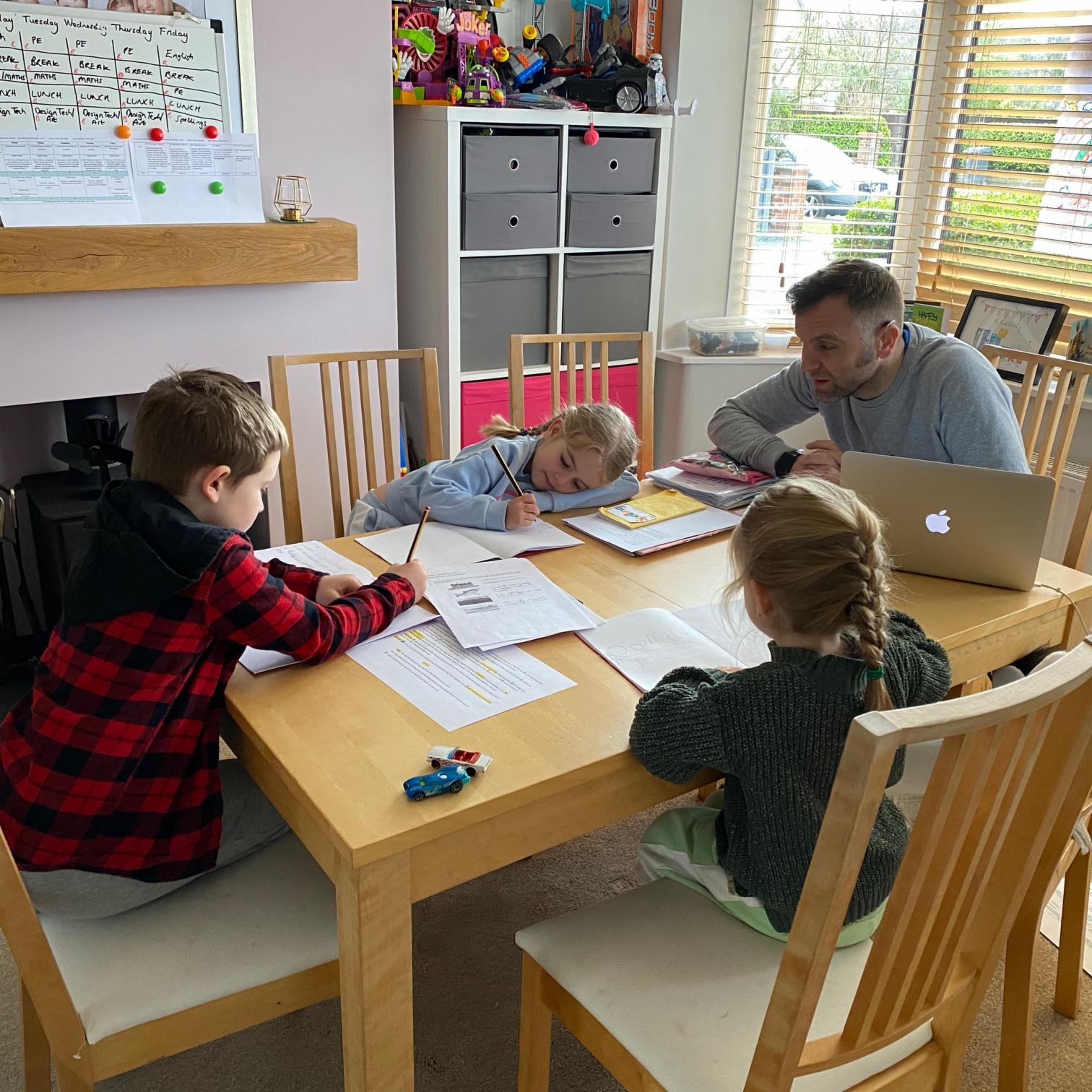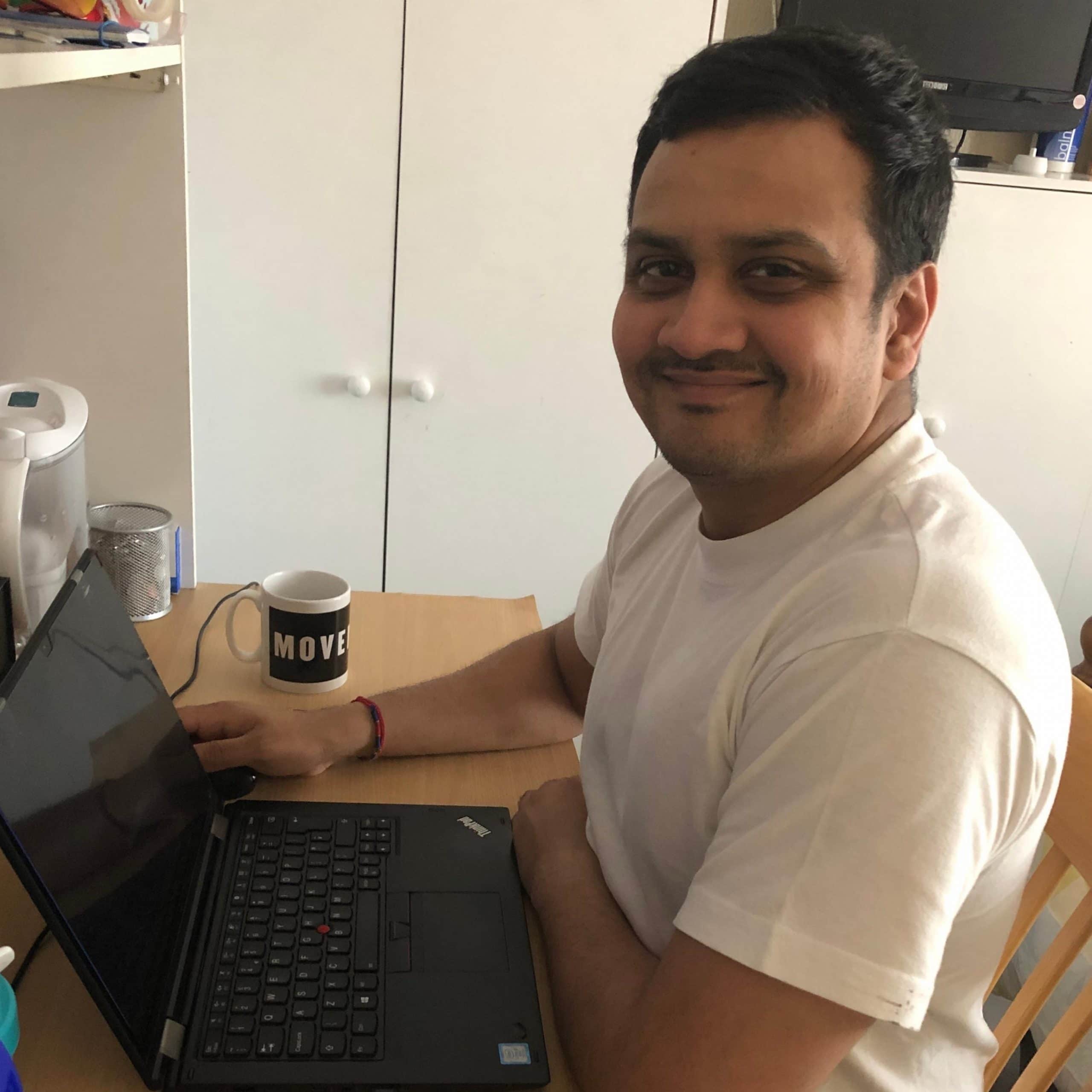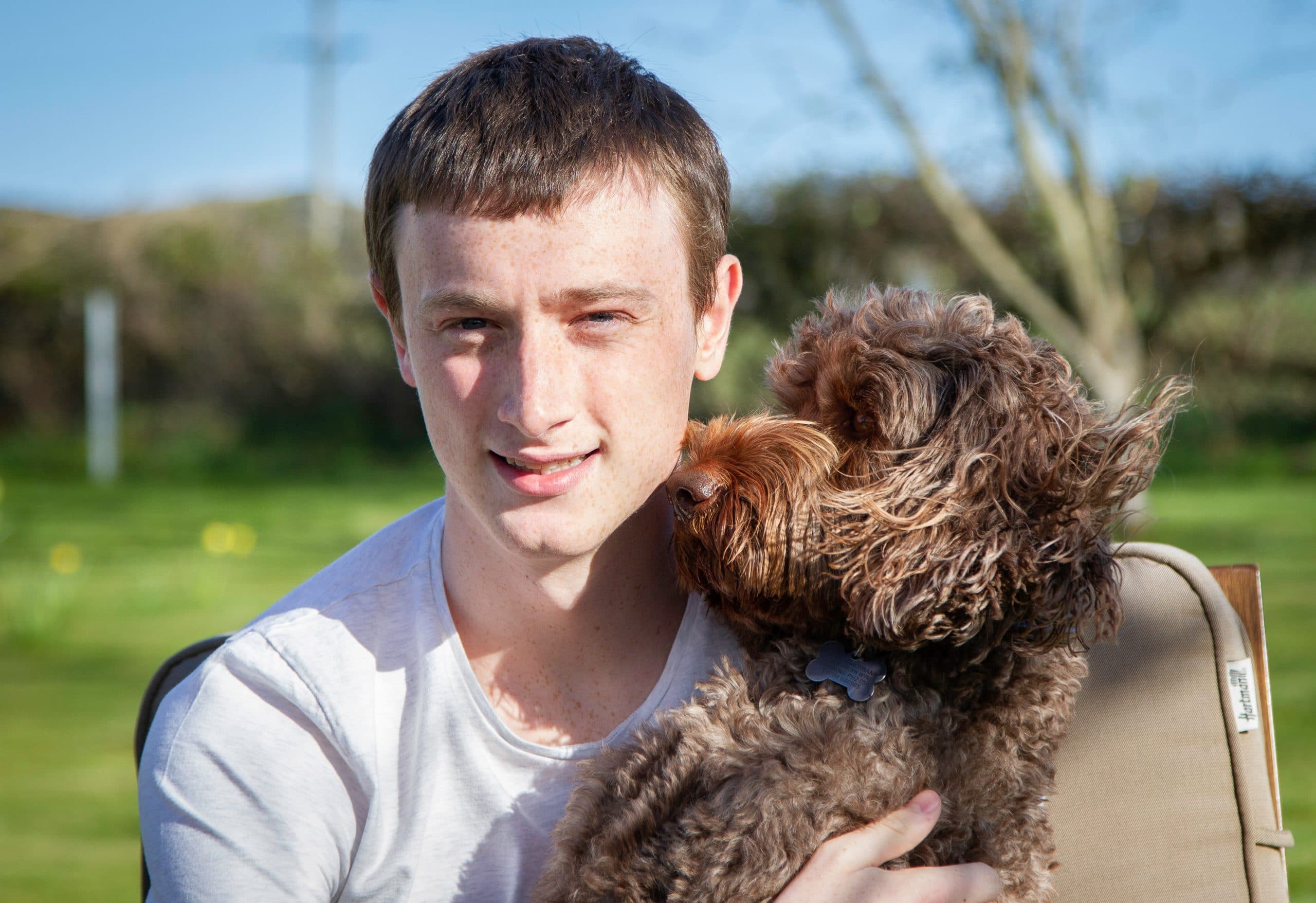Lockdown Lives
Health
The last few months have posed unique challenges for almost all of us. Movember’s Dan Elsom reveals how the charity’s community has been dealing with the COVID-19 pandemic.
For the majority of us, COVID-19 and the ensuing lockdown will likely be the biggest disruption to everyday life we will ever face.
And while we’re all fighting this battle together, the pandemic poses a unique set of challenges for each individual it affects.
No two situations are the same. While some are juggling working from home with keeping the kids on top of their schoolwork, others face the prospect of being furloughed or are out of work entirely.
Students busily preparing for exams have had their education put on hold, while our frontline workers are putting themselves in harm’s way every day to save lives and make sure we all have access to essential services as we work to beat the virus.
While we may all be weathering the same storm, each of us is doing so in a slightly different boat – but we will only get through it if we stick together.
And that’s why it’s now more important than ever for us to keep an eye out for each other.
Movember is encouraging men to keep in regular contact with mates, using things like its Five-A-Day Challenge to stay socially connected in lockdown.
Members of the Movember community have shared their own experience of the pandemic and how it’s affected them in different ways. Here’s their advice for getting through it:
Movember Community Ambassador, Bob Flood, 36, is learning to cope with life as a full-time employee, Dad and part-time teacher…
“Covid-19 has affected everyone around the world in some form or another, and never has good mental health been more of a challenge. For me, with three kids and having suffered with poor mental health myself for many years, it’s been especially tough.

“I sell banking solutions for letting agents. I’m a very social guy and love meeting and speaking to people both in work and outside so it was going to be hard being stuck at home all day. And that was before the schools closed.
“Things really hit home when realised not only was I going to have to work full time, but also be a full time Dad and part time teacher.
“We slowly got into a routine, with myself and my wife completing two-hour shifts working and the rest of the time with the kids. My patience has worn thin a few times with the kids and it’s difficult to be patient with them as well as worrying about work and family members.
“I had to do something to help cope. I decided to dust off the bike and have been hitting the roads at 6.30am for an hour to clear my head – it’s been amazing comfort to be able to get an hour out of the house by myself.
“I have seen a lot of positives come out of the current situation. I’ve actually been connecting with my friends a lot more than we normally would by using Zoom. With most of my immediate family being based in Ireland, I regularly caught up by FaceTime but again the regularity has increased.
“Not physically connecting is tough but I am sure when this situation is all over, we will continue with our online gatherings with friends who we don’t always have the ability to see regularly.”
Police officer Keyur Patel, 38, from London has leukaemia, which has forced him to isolate from family and work colleagues for at least 12 weeks…
“I have a rare condition called Chronic Myeloid Leukaemia. Because of my condition, during the pandemic I have to avoid any physical contact. My parents have to stay two metres away at home; I eat alone, I exercise alone, I feel alone and essentially, I am alone.
“Now being a people person, I feed off other people’s energy, so when I was told I would need to stay in and self-isolate for 12 weeks, I felt myself spiralling into a dark place of depression.

“Even though I felt alone, I knew that I wasn’t. My partner and friends helped me to re-evaluate my situation and remain positive. That’s my biggest advice to anyone: Don’t face this alone, speak up to loved ones or charities, there is help out there.
“Something which has really helped stave off the depressive thoughts is staying connected with my loved ones via social media. I have used video calls, conference calls and group games, all of which have helped with my mental health wellbeing.
“My colleagues are out every day continuing to carry out policing duties and I wish I could do the same. Please help them and help the NHS by staying in and following the rules around social distancing.”
Oxford University student and Movember Student Ambassador, Jacob Marchbank, 21, is in limbo for the next six months until his studies resume…
“In the space of one email from my University, I went from being in full exam preparation to lapping up a beer while trying to do keepie-uppies with a loo roll.
“Having my final exams postponed until October made me realise the next 6 months will present a challenge to maintain a good work-life balance and positive mental health.

“When I was 18, I was diagnosed with arrhythmogenic right ventricular cardiomyopathy – a rare, life threatening, degenerative heart condition. People with cardiac conditions are three times more likely to suffer from depression and anxiety, and I am no exception to that.
“This experience helped me deal with the health anxiety prompted by COVID-19 and empathise with my friends and family by sharing some of the coping mechanisms I use to deal with my own mortality.
“I was a national level swimmer before my diagnosis, which taught me a growth mindset. As an athlete they sit you in a room with a sports psychologist and together you list the race factors that you can control, such as good hygiene and nutrition.
“The exercise concludes with the one factor you can’t control – the outcome of the race. Never has such an attitude been more applicable.
“Maintaining a good work-life balance is especially difficult for students. The entirely self-motivated nature of a degree can lead to underworking, or on the other hand, overworking and burnout. Having my exams delayed has increased this risk, so I’ve decided to keep my working day to a strict 9-5pm.
“I’ve kept in touch with my friends, as many others have, by video calling. Alongside some online gaming and virtual pub quizzes to stave off the boredom.
“Despite howling about the boredom of a household lockdown and all my efforts to keep busy, if I could emerge from this coronavirus pandemic having improved in one area it would be relaxation.
“The free time many of us now have presents a unique opportunity to take a step back from the reality of modern life. A chance to reflect on our achievements, our shortcomings and ultimately our own mental health.”
Trending

Join The Book of Man
Sign up to our daily newsletters to join the frontline of the revolution in masculinity.

















